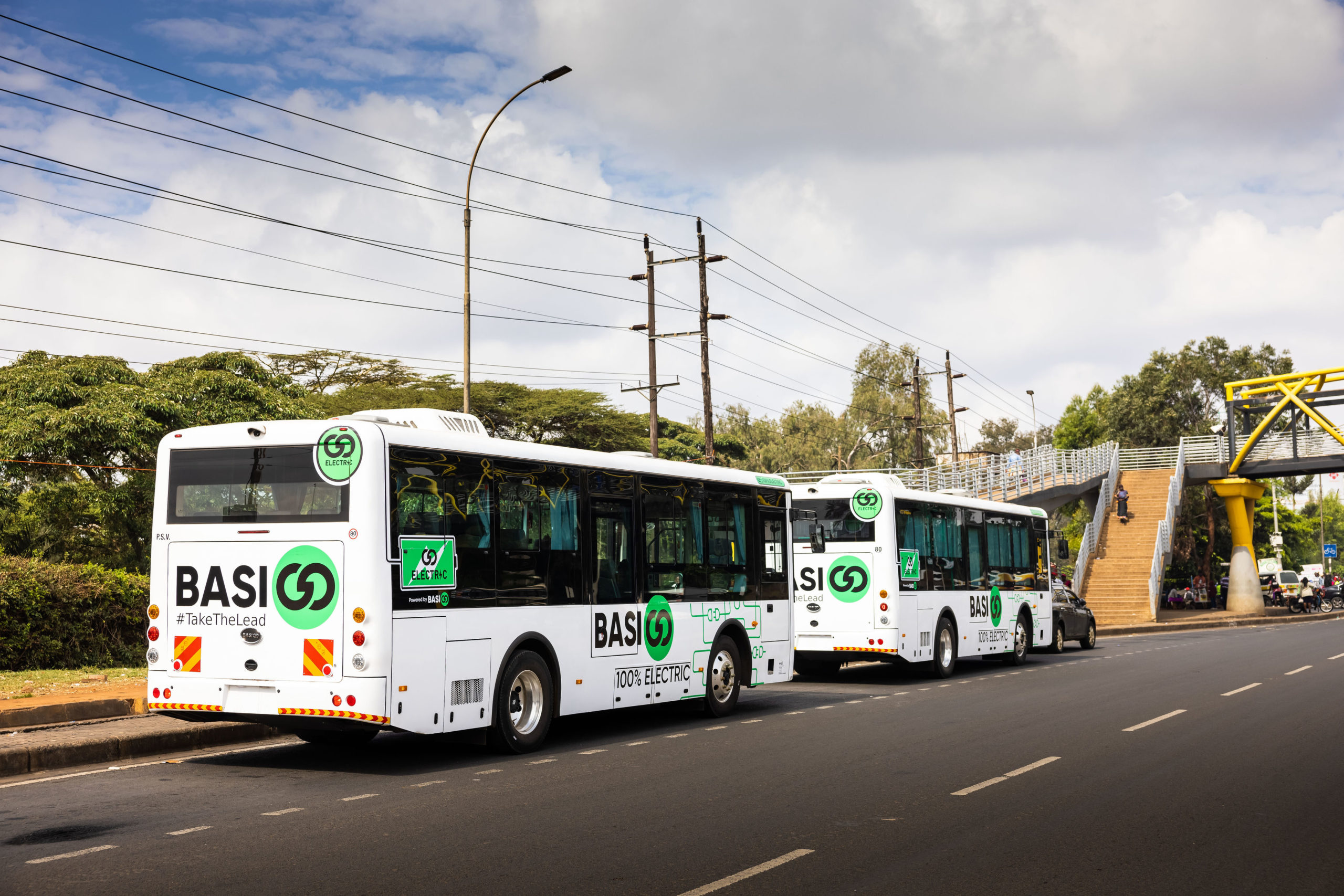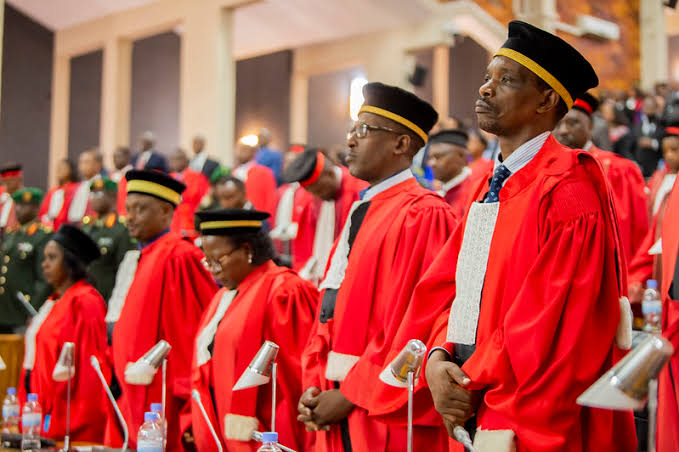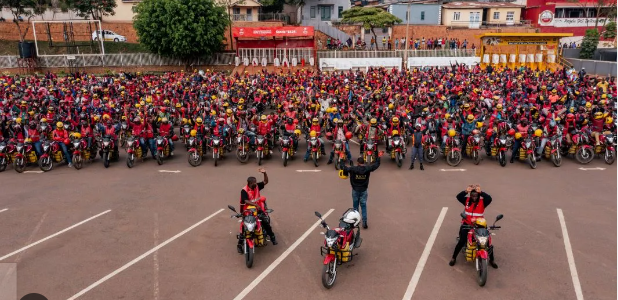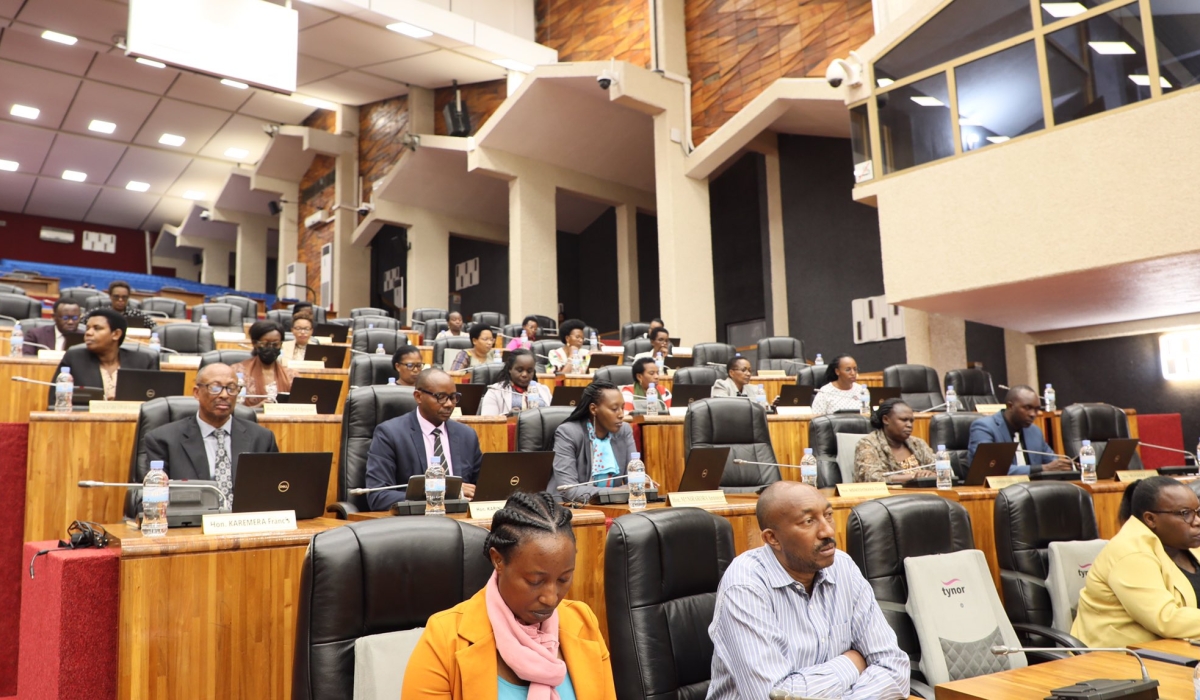BasiGo, a Kenyan electric bus company, is expanding its reach to Rwanda market. The firm, which recently joined forces with Associated Vehicle Assemblers Ltd (AVA), is expanding into Rwanda with the formation of a new subsidiary called BasiGo Rwanda Ltd., which will compete with its existing Kenyan bus manufacturers.
To facilitate this growth, AC Mobility, the country’s preeminent supplier of automated fare-collecting systems for public transit, has teamed with BasiGo. BasiGo’s novel Pay-As-You-Drive finance method, which the business has previously been utilizing in Kenya, will be used to provide electric buses to Kigali transport operators by October of this year under the terms of the partnership.
Operators may acquire electric buses under this financing model and pay a subscription fee each day to cover the expense of leasing the battery, charging the vehicle overnight at a BasiGo depot, and servicing and maintaining the bus. By using this approach, BasiGo and AC Mobility want to provide Rwandan bus operators with 200 electric buses by the year 2024.
Read also: Kenya to have rapid charging stations for electric buses – courtesy BasiGo
Bringing its E-Bus solution to Rwandans
Jit Bhattacharya, CEO and co-founder of BasiGo, remarked that “Rwanda has paved the way by developing an enabling ecosystem for E-mobility. Together, BasiGo and AC Mobility, a pioneer in Rwanda’s transportation technology, will hasten the country’s move towards fully electric public transportation. Electric buses will liberate bus companies from ever-increasing fuel costs while simultaneously drastically lowering pollution and carbon dioxide emissions.
We’re thrilled to provide a comprehensive E-Bus solution to Rwanda via our Pay-As-You-Drive business model, bringing this innovative technology within reach of any bus operator in the country.
Kigali Bus Service, Royal Express, and Volcano Express, three of Kigali’s biggest bus companies, have all signed memoranda of intent with BasiGo and AC Mobility for the test drive.
Jones Kizihira, CEO of AC Mobility Rwanda said “We’re excited to work with BasiGo on the electrification of public buses in Rwanda. The nation has undergone significant change, necessitating a more reliable and cost-efficient public transit infrastructure. Rwanda’s move to sustainable transportation will be aided by the electric buses, which will reduce the financial load on public bus carriers. We look forward to leveraging BasiGo’s experience and network to build a strong electric bus business in Rwanda.”
What to know about BasiGo
BasiGo, which was established in 2021, was the trailblazer in Nairobi’s transition to electric buses. BasiGo has made 19 Electric Bus sales to Nairobi public transport companies and secured orders for more than 100 more buses. More than 580,000 people have ridden on BasiGo electric buses, which have logged over 460,000 km on the road. Furthermore, BasiGo has installed the first DC Fast Charging stations for Electric buses in Kenya.
The expansion of BasiGo to the East African nation comes at a time when the Rwandan government is launching a programme to quickly grow the size of Kigali’s public transport fleet while simultaneously intending to convert 20% of the public bus fleet to electric by 2030.
The EV startup and the automaker Associated Vehicle Assemblers Ltd (AVA) joined together earlier this year. The two groups will work together to produce buses in Mombasa, Kenya. Public Service Vehicle (PSV) operators’ input will be used to build 33-seater buses, which would replace the 25-seater buses currently in service.
The establishment of Kenya’s first public EV charging station in May 2023 was yet another first for the EV startup. The Buru Buru neighbourhood of Nairobi is home to a charging station that is part of the new eMobility tariff network.









